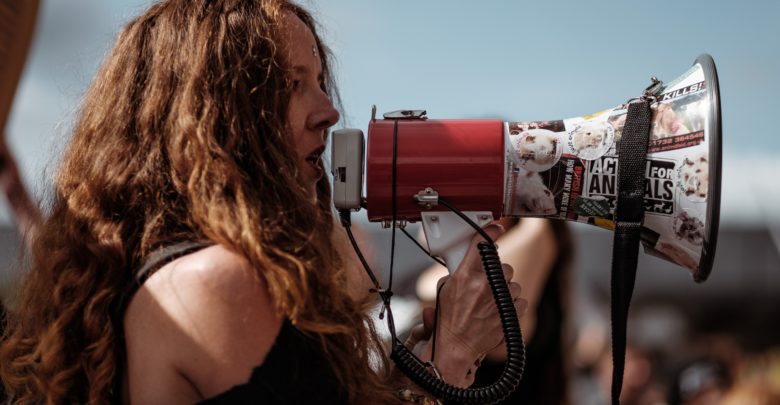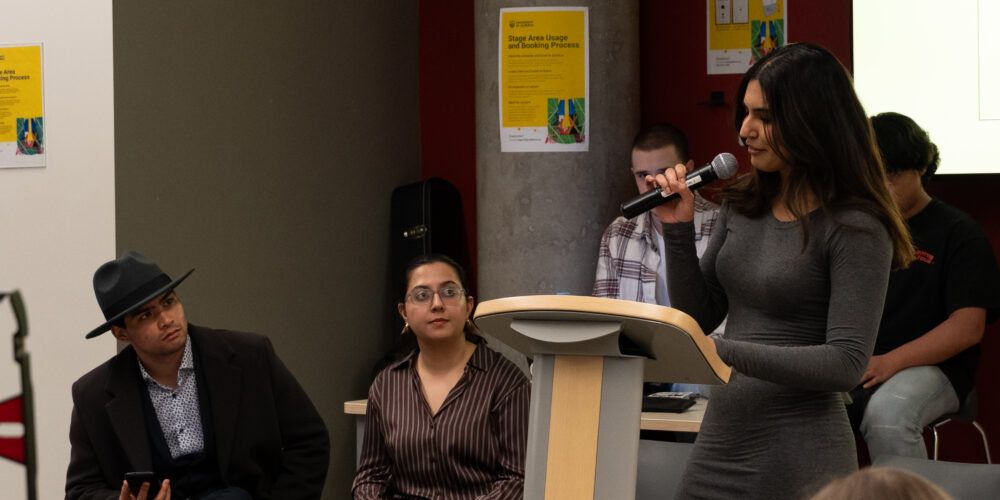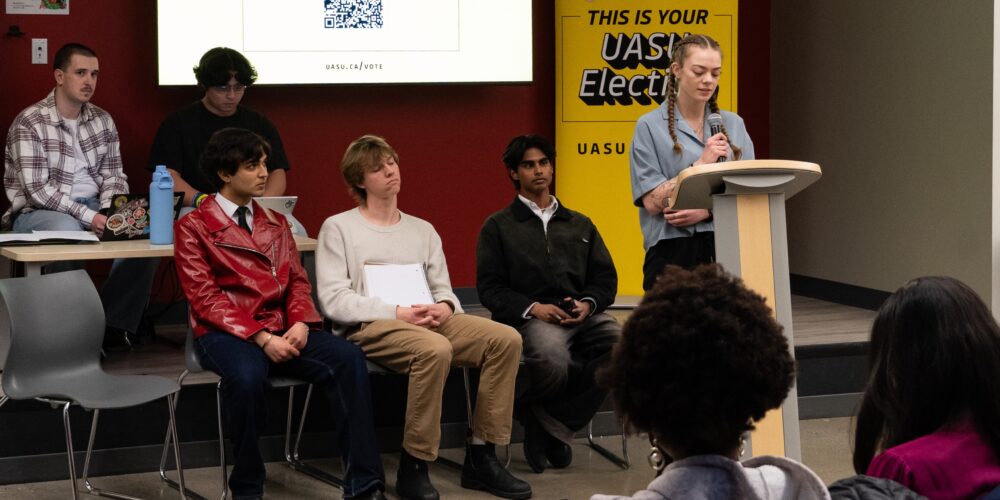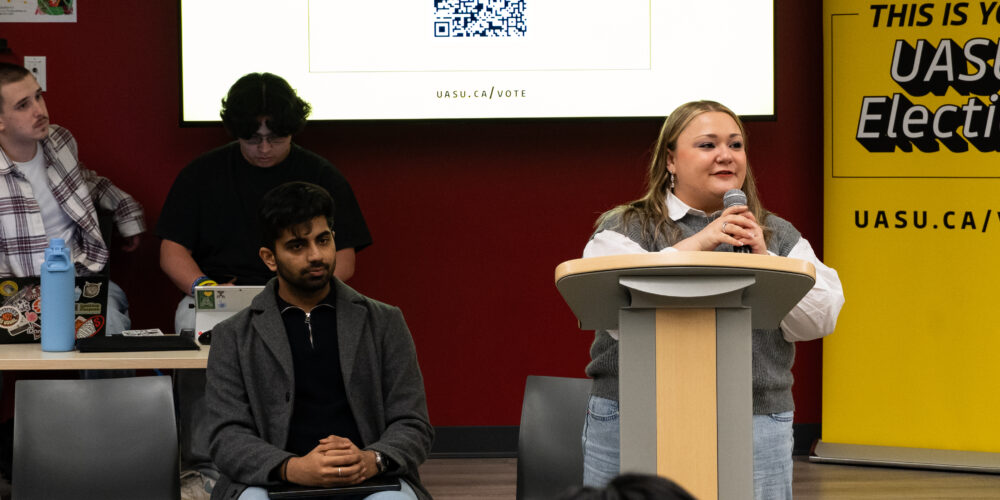#OwnVoices — but on their own terms
Becky Albertalli's coming out demonstrates how we dedicate queer media
 Clem Onojeghuo
Clem OnojeghuoNo one owes you their sexuality. Sexuality is dynamic, it’s confusing, and it can be emotionally draining for so many people. But, when it comes down to writing fiction it begs the question: can “straight” authors write queer characters? This is a super tricky question — however, this is the wrong question to be asking in the first place.
This year, Becky Albertalli, author of Simon VS. The Homo-Sapiens Agenda, published an essay where she came out as bisexual. Albertalli had previously received criticism for writing a queer novel while in the closet, and even more criticism when the novel eventually got adapted into Love, Simon, which, while I do enjoy, does have problems.
Albertalli was not the only author who was criticized for writing a queer novel while appearing to identify as straight — this has been a topic of conversation within the book community for a while. The question of whether presumed-straight authors should write queer characters is a center of discourse, and I understand why. The queer experience is different and specific — you cannot replicate this feeling if you are not queer. This leads to the question: do authors owe it to the public to disclose their sexuality? It’s someone’s personal life — which is none of the public’s business. Even if someone’s job requires them to be scrutinized by the public eye, this still doesn’t make it okay to pry into someone for answers. There’s another question here, too. If an author does not publicly identify as LGBTQ2S+, why do we automatically assume they are straight?
I’ve heard the argument that if you’re not out, don’t write queer stories. I highly disagree with this sentiment. Being in the closet is isolating and lonely. Every queer person knows this feeling. Writing queer stories for those in the closet could potentially be their only form of escapism, and it could also be a way for them to navigate and figure out their own sexuality through fiction. It may not be safe to come out, either. Even once you realize you’re queer, all your problems and anxieties don’t magically go away. Along with realization comes acceptance or potentially dealing with internalized homophobia; it is still important to note that many people still cannot be openly queer on the internet for their own safety.
It is important for queer authors to write queer stories — but don’t start discourse about an authors sexuality and target them for not clearly putting their sexuality into one pre-determined label. We need to look elsewhere, too, not just at authors: we need to look at publishing. After all, publishing tends to be very white and straight, and this creates problems for queer and BIPOC authors, marginalizing them even further. In recent years, #OwnVoices is an amazing movement that pushes for authors from marginalized identities to write about their own experiences, as opposed to someone from a non-marginalized group writing about marginalized voices.
I used to think that only queer people should write queer stories, but just because someone is not publicly out or isn’t attaching themselves to any pre-determined label doesn’t mean they’re not writing from their own experience. Instead of pointing fingers at authors, we need to look at the bigger pictures of why we automatically assume someone may be heterosexual, and why publishing privileges seemingly heterosexual authors more than those who embrace their #OwnVoices, on their own terms.




